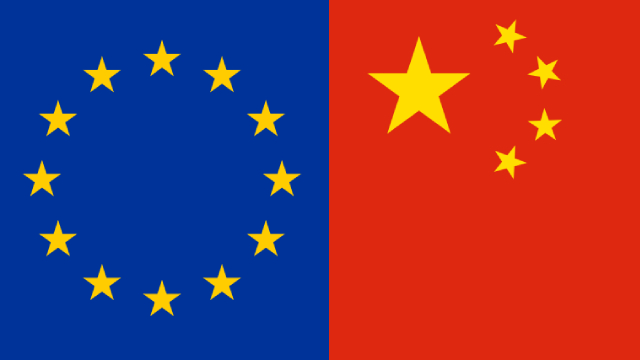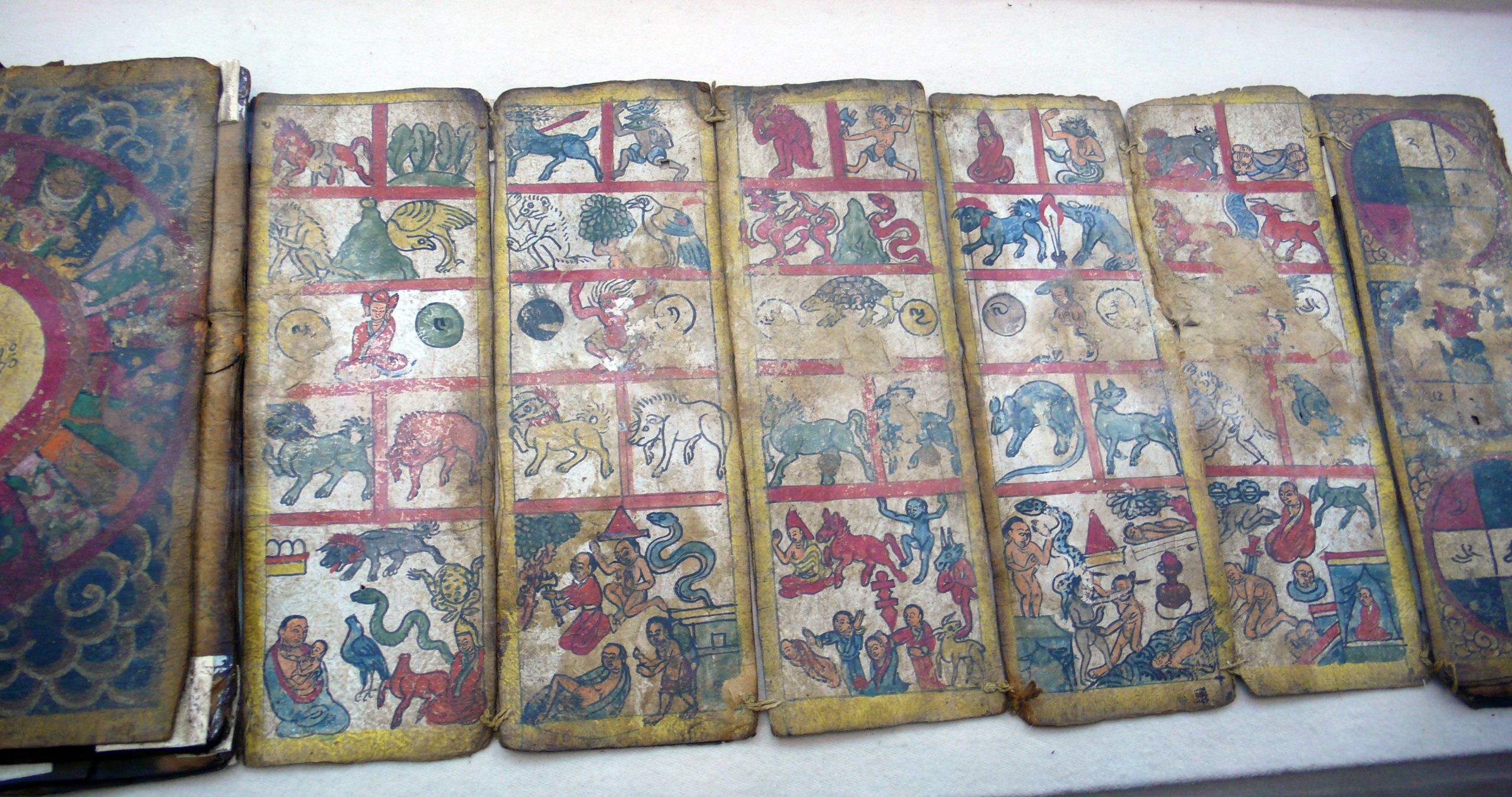
The battle lines are drawn. Europe ignores human rights concerns and finalizes “the trade deals of all trade deals with China,” US and UK try to resist.
by Ruth Ingram
While the democratic world pontificates over sanctions against the behemoth, and Europe finalizes trade deals with the CCP that will inevitably muzzle every dissenting voice, Uyghur activists are urging the world not to forget that these are life and death decisions. At this very moment, Uyghurs are being rounded up, enslaved, killed, sterilized, raped, and crushed with surveillance so pervasive that every aspect of their lives is public property.
Rahima Mahmut, World Uyghur Congress representative in London, says that every second of delay prolongs the suffering of her people and costs lives. Speaking at a Human Rights Day webinar hosted by the UK’s US Embassy, spotlighting China, she hoped that democratic states would be true to their values, and respond to the indisputable body of evidence that prove crimes committed by the CCP against her people. “We have mountains of proof,” she said, lamenting inaction and hold-ups.
Muslim countries have largely capitulated to the leviathan for fear of losing trade deals. Europe is also crumpling and selling its principles on the altar of a massive trade deal, on the basis of flimsy promises and nominal guarantees from Beijing over forced labor, and the UK is dithering over sanctions.
America has so far stood its ground with legislation and measures to rein in Chinese officials and businesses tainted with abuse. The Uyghur Human Rights Policy Act signed by Donald Trump in June 2020, the first in the world to address what United States Secretary of State Pompeo describes as “the stain of the century,” aims to hold human rights violators in Xinjiang to account, and sanction implicated Chinese officials.
September saw more legislation, the Uyghur Forced Labour Prevention Act, sail through the House of Representatives by an overwhelming 406-3 vote. But the bill that would ban all imports from China’s northwestern Xinjiang Uygur autonomous region unless companies could prove their supply chains were not tainted with forced labor, has now stalled in the Senate amid protests from Apple, Nike, and Coca-Cola claiming the stringent requirements are unworkable.
Just before Christmas, Donald Trump signed the “Holding Foreign Companies Accountable Act” legislation that could remove Chinese companies from U.S. exchanges if American regulators are not given access to their financial accounts. The new law will force companies to prove they are not owned or controlled by a foreign government, and insist the U.S. Public Accounting Oversight Board has access to their financial audits. The broad legislation includes any state doing business with the US, but activists hope it will shine the spotlight particularly on Beijing’s murky supply chains.
A few days ago, the EU appeared to be teetering on the brink of doing the right thing. Brave speeches of moral outrage and condemnation of China’s human rights abuses against the Uyghurs flew thick and fast in the chamber. “Deep concerns” and “strong outrages” flowed freely as every one of China’s abuses towards Uyghurs, Tibetans and Hong Kong residents was called out, and demands were made for Beijing to account for its increasingly draconian cultural and religious oppression.
But the rhetoric has paled somewhat in the face of a behind the scenes “trade deal of all trade deals” between the CCP and the EU, which despite strong opposition within its own ranks went ahead against all odds. Pressure from the Biden camp, together with strong condemnation of Beijing’s labor rights’ record, heralded a possible eleventh hour blocking of the investment deal with China, unless guarantees were put in place to sign the World Labor Organization (ILO) conventions, above all in opposing the use of forced labor, but in the end the iron will of Angela Merkel and Emmanuel Macron won the day—although the European Parliament can still refuse to confirm the agreement.
In comparison to the might of Europe, plucky Lilliputian Australia has stuck to its guns in resisting Beijing’s charms and attempts to silence her, and is now bearing the brunt of China’s “hurt feelings” and spiteful retaliation. Draconian tariffs on wine, the banning of coal, lobsters, sugar, coal, copper ore and concentrate, barley, and timber in more than five billion US dollars’ worth of lost trade deals are the giant’s weapon of choice to quell the plucky upstart.
Chris Patten, the governor of Hong Kong from 1992 to until the handover to China in 1997, speaking to the Guardian, has urged Australia’s allies to help it stand up to China or risk being “picked off” too. He said that the CCP is “trying to hammer Australia” with trade actions to set an example for other countries. Pointing to the fate of Australia, he warned China’s “loutish behavior,” was a warning to the world to unite in standing up to China.
Punting to those who shy away from another Cold War, he stressed, “Of course, we don’t want a Cold War with China. But China is fighting us. China hates our value system. And the question is whether we actually stand up for the sort of societies we are or whether we let China undermine it.”
Coming on the heels of a Canadian Parliamentary committee that also dared to wreak Beijing’s wrath in designating China’s actions in Xinjiang a genocide, another small glimmer of hope appeared on the UK government horizon recently. Cutting through vast amounts of rhetoric and condemnation in the House of Commons, which has been strong on noise but low on action, particularly over the refusal so far to impose Magnitsky sanctions on China, a House of Lords amendment has set the tone for concrete measures over Beijing.
The advocate for religious freedom and civil liberties, Lord David Alton, in tabling a human rights and genocide amendment to the Trade Bill in the House of Lords, persuaded members to agree to say no to trade deals with states accused of genocide. Acknowledging the failure of the international judicial system, he stressed that the recognition of genocide should be left to the courts rather than governments or non-judicial bodies. He asked the House to give the High Court of England and Wales the opportunity to make a predetermination of genocide “if it believed that the evidence substantiates the high threshold set out in the 1948 UN Convention on the Prevention and Punishment of the Crime of Genocide, to which the United Kingdom is a signatory.” The all-party amendment on genocide determination was passed by a majority of 126, and will now go to the Commons for ratification.
“There can be no clearer statement that the United Kingdom places its values above trade than making it clear that we are not content to strike deals with genocidal states,” he said. “We will put our belief in the quest for human freedom before menacing intimidation, brutal suppression of human rights and trade based on slave labor,” he said, questioning the moral premise of doing business with a state once clear evidence of genocide had been put before the courts.
Commenting on the EU’s cynical dalliance with Beijing, Dr Azeem Ibrahim, Director at the Center for Global Policy in Washington DC condemned the body for “compromising its founding principles on human rights for Chinese economic gain.”
He said it was a fruitless exercise to tackle China as individual states.
“The only thing that might give pause to the Chinese Communist Party is if the European Union, as a joint block, imposes sanctions on China for their most egregious human rights abuses.”
“Individually, our countries have allowed themselves to become dependent on China to the extent that even mighty Germany feels they cannot oppose a clear genocide. The European Union, however, does have the heft and the economic might to put our foot down and re-affirm our founding values by standing true to the pledge we have made that we will ‘never again’ allow genocide to happen,” he said, urging the EU not to lose sight of the union’s foundational principles of peace and human rights.
Source: Bitter Winter












